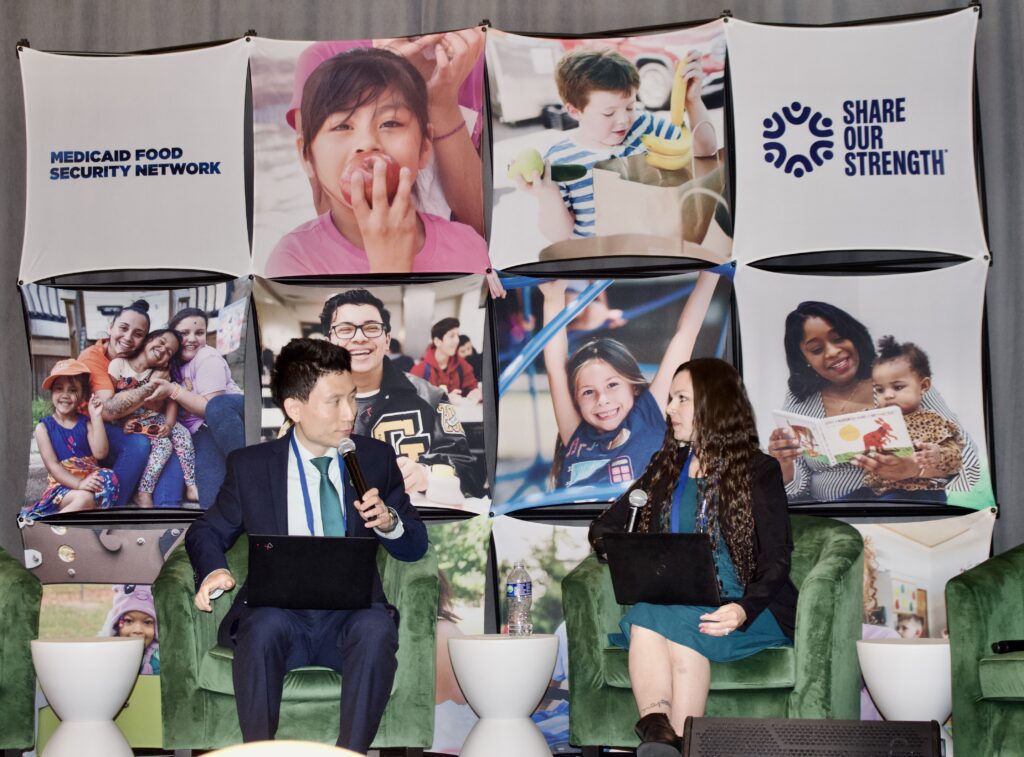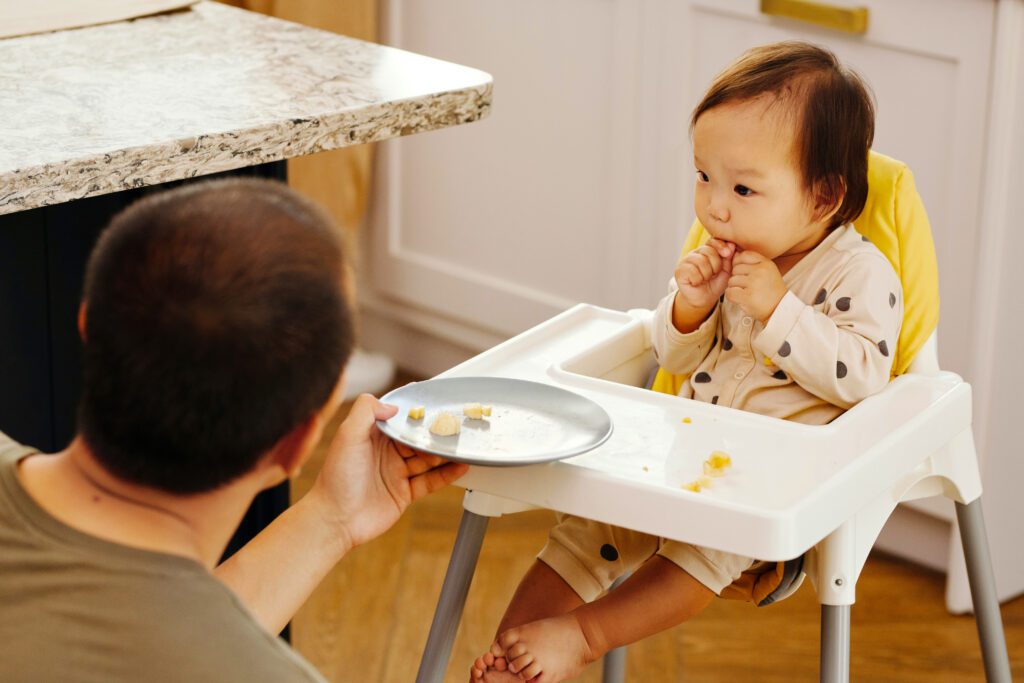
We were in Montana last week to better understand hunger and poverty in hard-to-reach rural areas and tribal lands. For those living on the Flathead reservation near Missoula, the natural beauty of endless mountains surrounding a pristine lake almost compensates for the poverty that makes life hard. But not quite.
That hardship has reasons. Vast distances create isolation that social services struggle to reach and public transportation can’t always overcome. Montana is our fourth largest state geographically, but one of the least populated. The painful history of our government dealings with Native Americans contributes to a living legacy of discrimination and racism. The reservations in Montana are like too many reservations across the U.S.: staggeringly high rates of unemployment, poverty, infant mortality, alcoholism, and suicide.
One after-school counselor told us: “hunger breaks you down as a person. It breaks you down physically and mentally. You lose your identity. Who are you? I am hungry. That’s my identity.” In Kalispell he noticed a young student not eating her apple and graham cracker snack.. “She was saving it for dinner, and the hardest part of that for me was that she accepted that as normal. It’s not normal of course, but it’s her normal. That’s not okay. We have to fight for these students and not accept that as normal.”

Elsewhere on the reservation, Lindsey O’Neil runs the top performing WIC clinic in the state, serving more than 400 of 500 eligible moms and their babies. “What was the spark that got you into this work?” I asked. “Well I became a single teen mom when I was still in school. And I was on WIC. I learned that it didn’t mean my life had come to an end. And so I want to help others understand the same thing. I have a passion for helping all of the moms here but especially the young ones.”
Some of the hardship is tempered by No Kid Hungry strategies that have paid off. During lunch Governor Steve Bullock and First Lady Lisa Bullock shared that we’ve increased participation in school breakfast from 46% of eligible kids to 59%. We have 5200 kids left to go. Food insecurity has decreased from 20.1% to 17%.
Near day’s end, Bill Novelli, formerly CEO of AARP and now a professor at Georgetown and summer resident of Missoula asserted that the issues we’d seen “are due to socio-economic inequality, a national problem that threatens our democracy. So we’ve got to approach these from the bottom up as you are, but also from the top down.” Governor Bullock emphasized the need for systemic policy change and the civic engagement it demands: “If millennials voted at the same percentage as those 55 and over, millennials would decide every election.” With November’s mid-term elections 100 days away, it was a compelling reminder that regardless of the issue – hunger, poverty, health care, opioid addiction, etc. – one of the most important things we can do is urge fellow Americans to register and turn out to vote.

The partners and supporters on our journey came away committed to extending the reach of our No Kid Hungry campaign. Behind every statistic there’s a child just like the children we’d seen and talked with. This what bearing witness is about. Seeing what’s not otherwise easily seen, hearing perspectives diverse and different from one’s own. And returning to our work not always with new answers but with renewed commitment to finding them.


